
135 Years of Strengthening Families
Our Story
Since 1890, Families First has been providing empowering solutions for some of Georgia’s most vulnerable families. Through the decades, our agency has listened, transformed, and responded to meet Georgia’s changing needs.
Thirteen name changes and the merger of five influential nonprofit agencies laid the foundation for what is today Families First. Dedicated presidents, board members, staff, and volunteers shaped a lasting legacy rooted in care, innovation, and determination.
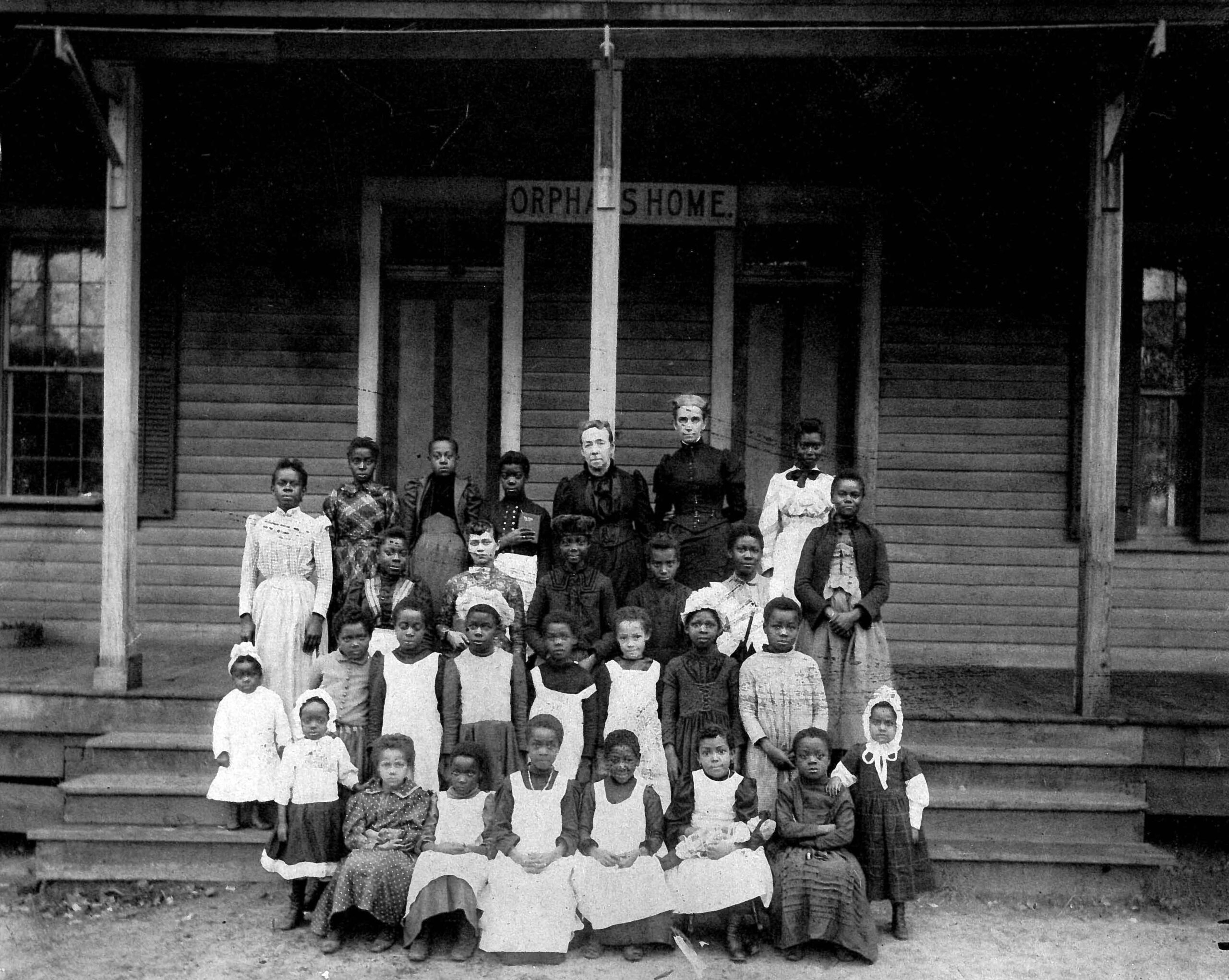
1890–1936: The Leonard Street Orphans’ Home
Building Hope and Opportunity for Girls
Founded on the Spelman College campus by Lucetta Lawson and Sarah Grant, the Leonard Street Orphans’ Home trained and cared for girls without family support. English missionary Amy Chadwick ensured its survival for decades, providing stability and educational opportunities to more than 600 children. The Home emphasized preparing girls for the workforce and maintaining family connections whenever possible.

1890–1936: The Leonard Street Orphans’ Home
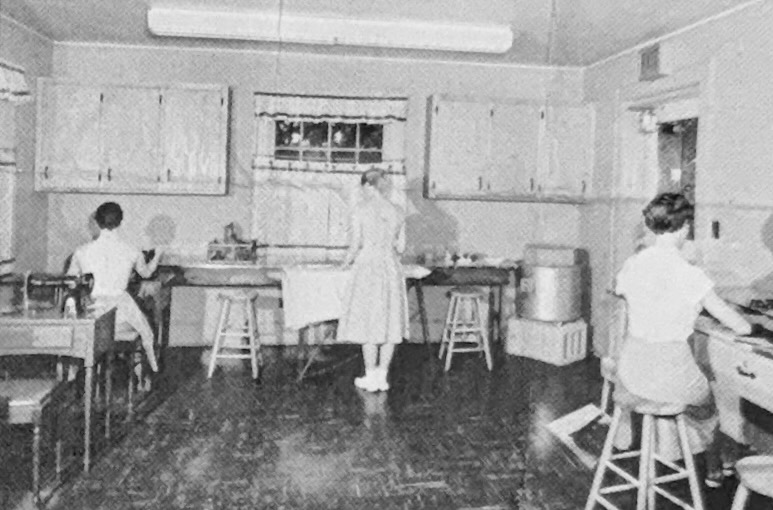
1897–1981: Florence Crittenton Home
Providing Refuge and Renewal for Unwed Mothers
Dr. Kate Waller Barrett founded the Florence Crittenton Home in Atlanta in 1892, joining a national movement led by Charles Crittenton to support vulnerable women. The Home provided shelter, medical care, and education to unmarried pregnant women and young mothers.
Although the Home faced early community opposition and legal challenges, Dr. Barrett’s leadership secured its reputation as a trusted refuge. Over the decades, the Home adapted to changing social needs and funding sources while continuing to serve women with compassion and dignity.

1897–1981: Florence Crittenton Home
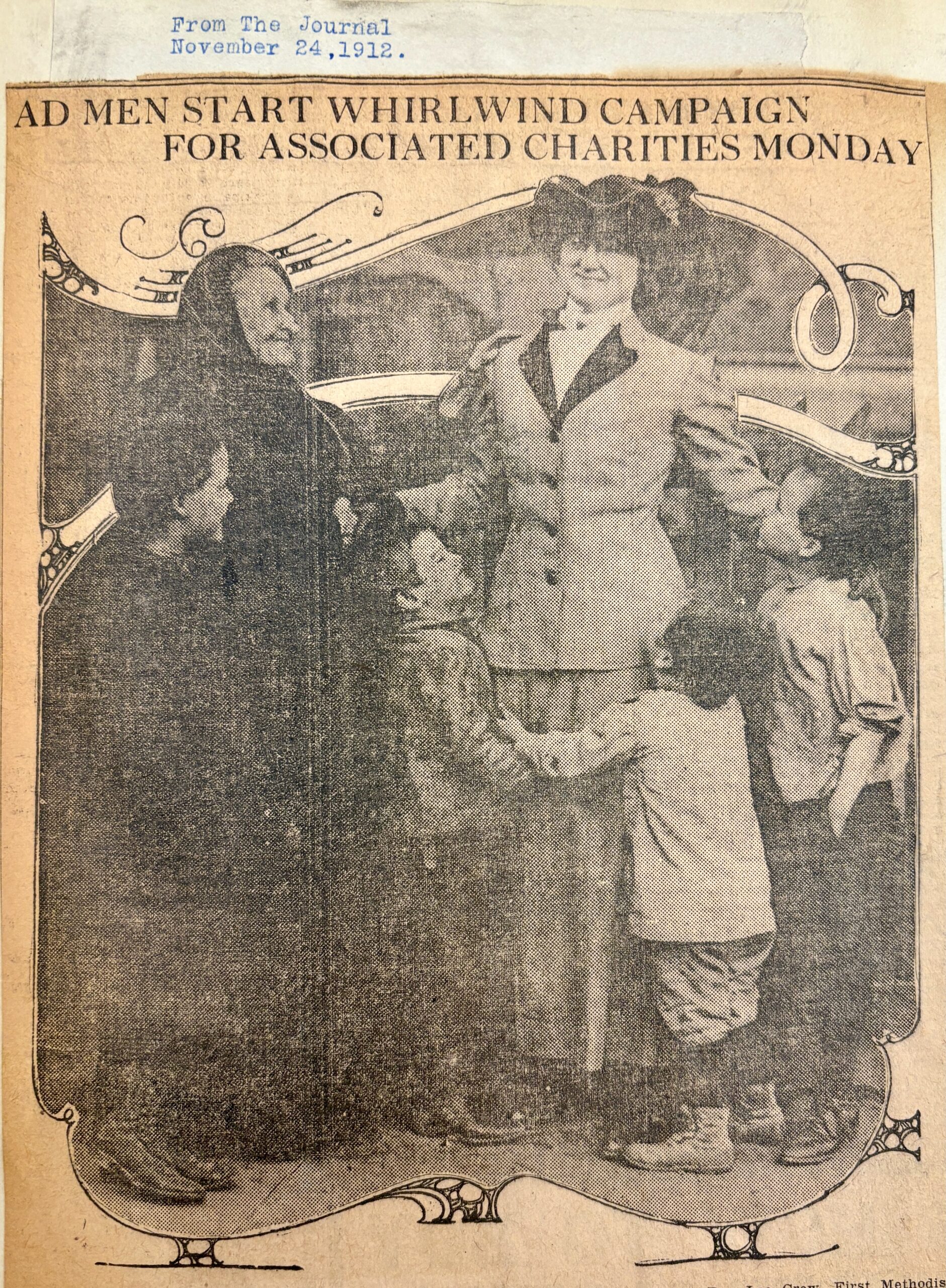
1905–1969: Associated Charities of Atlanta
Coordinating Care and Community Response
After a devastating winter storm in 1905, attorney Joseph Logan brought together neighbors and local leaders to support Atlanta families in crisis, creating Associated Charities. The agency coordinated help for Atlantans struggling with poverty, illness, and unemployment, and it offered essentials like food, fuel, housing, and family counseling.
Associated Charities modeled progressive social work by consulting with Jane Addams and other national leaders, adapting relief practices to meet local needs during the Depression and beyond. The agency and its board-initiated Atlanta’s centralized fundraising that became the United Way and set high standards for public-private partnerships in family welfare.

1905–1969: Associated Charities of Atlanta
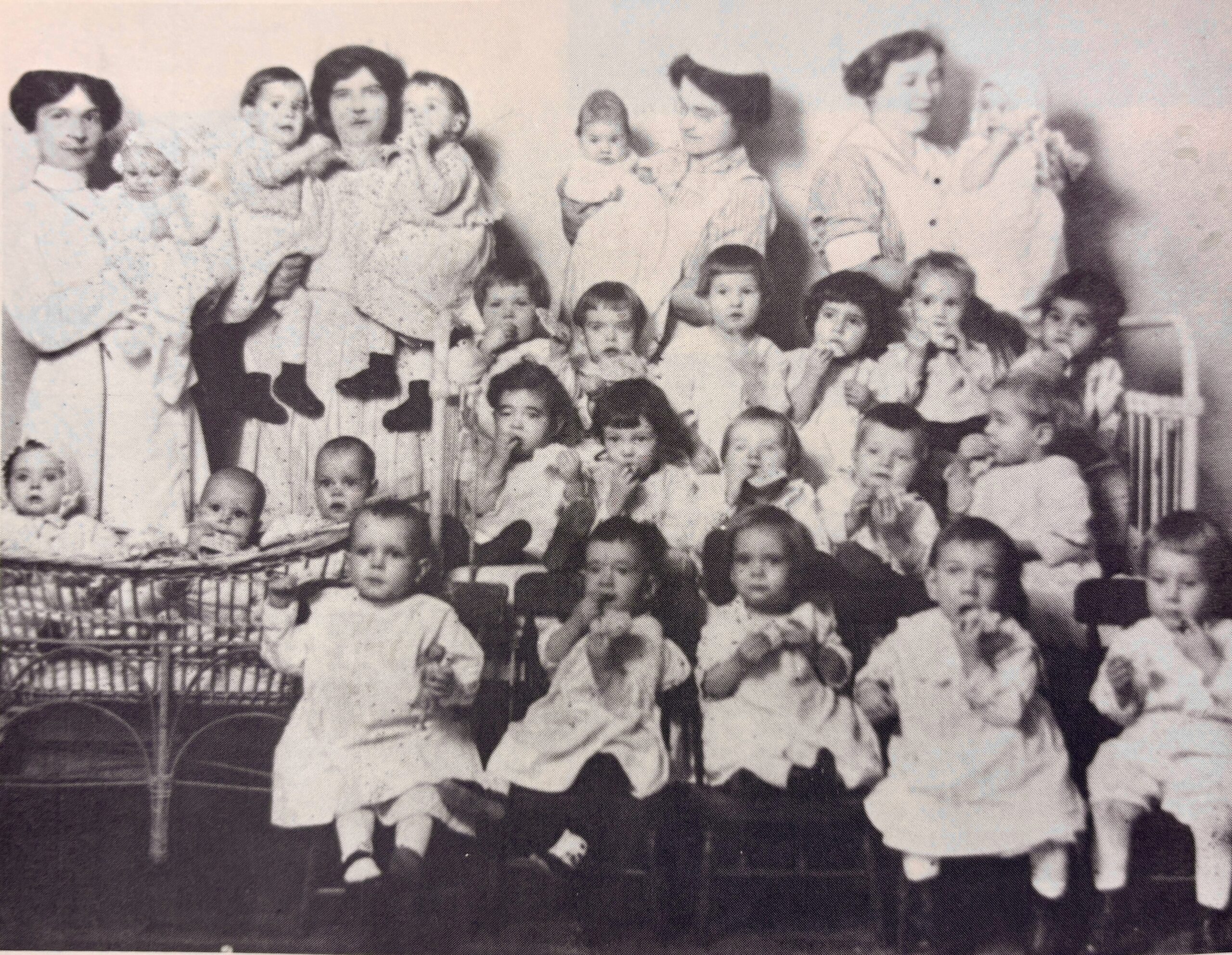
1907–1964: Atlanta Child’s Home
Creating Safe Havens for Atlanta’s Children
In 1907, Laura Robinson attended a court hearing where a young mother was sentenced to jail. Moved by the mother’s concern for her child, Laura took the child into her own home—giving rise to the Atlanta Child’s Home.
With strong support from her husband, Frank Mason Robinson, who created the Coca-Cola logo, the Home grew from modest beginnings into a loving refuge. Over the decades, it served hundreds of children, providing housing, education, health services, and family-like encouragement.

1907–1964: Atlanta Child’s Home
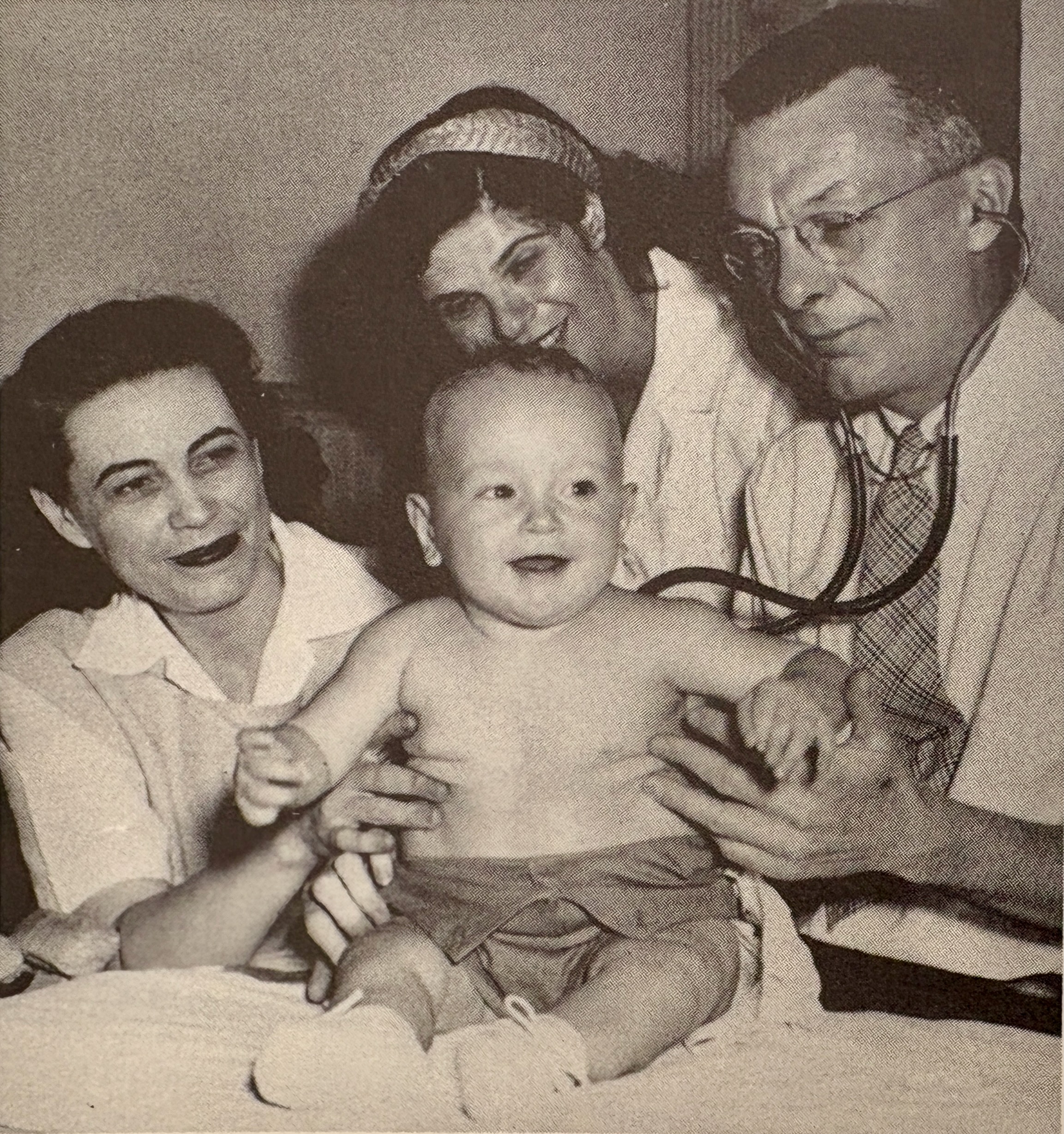
1930–1964: Child Welfare Association
Building Georgia’s Foundation for Child Welfare
During the Great Depression, civic leaders H.G. Voorhis and Rev. Robert W. Burns united efforts to create the Child Welfare Association. By merging the Leonard Street Orphans’ Home and the Atlanta Child’s Home, they laid the foundation for Georgia’s central force for child welfare.
In 1937, the Child Welfare Association became the first certified private adoption agency in Georgia, establishing professional standards and protocols for adoption at a time when formal systems were rare. The Association also expanded foster care, developed group homes, and launched family preservation programs to address a broad range of child welfare needs.

1930–1964: Child Welfare Association
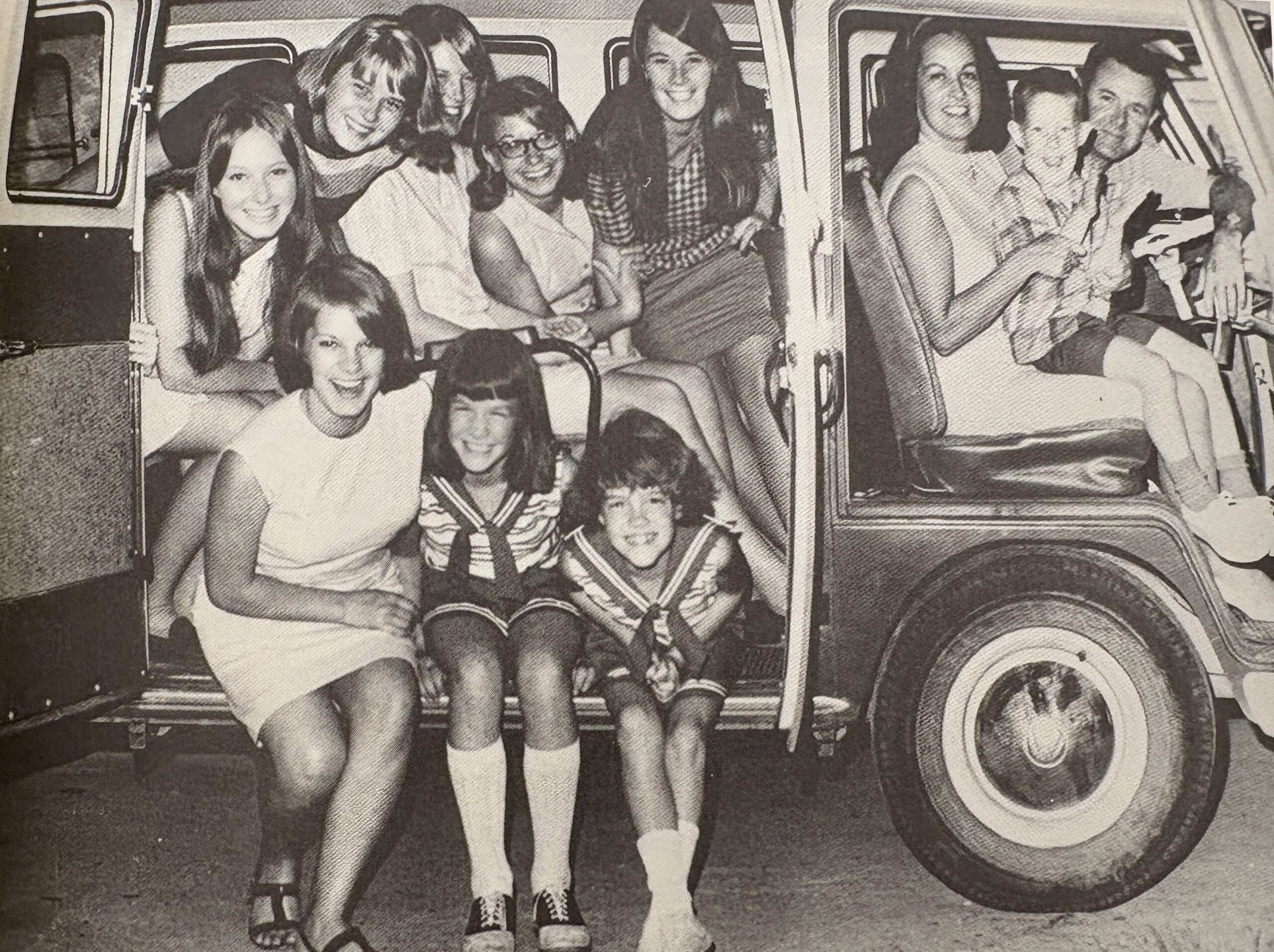
1967: Georgia’s First Group Home for Girls
Creating a Home for Teen Girls
After overcoming zoning challenges and community opposition, the Child Welfare Association opened Georgia's first group home for girls near the Georgia Tech campus.
David and Joyce Kenniston served as the home’s houseparents for six years, forming deep bonds with the girls in their care. Beyond meeting daily needs, they provided love and stability that left a lifelong impact. Years later, former residents invited them to share in wedding ceremonies and serve as surrogate parents.

1967: Georgia’s First Group Home for Girls
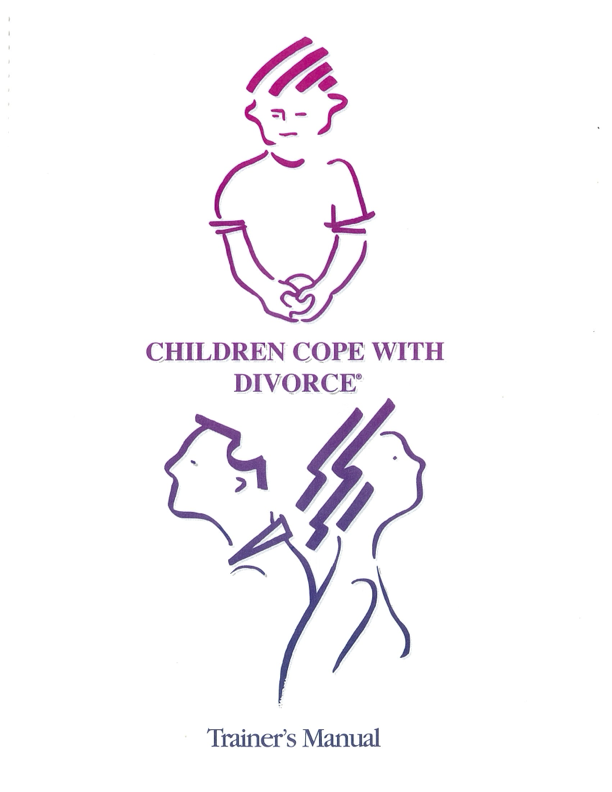
1990s: Children Cope with Divorce
Teaching Parents to Support Children Through Divorce
Responding to the rising number of divorces and their impact on children, in 1989 Families First developed Children Cope with Divorce, an evidence-based curriculum for divorcing parents. Courts across Georgia—and later nationwide—adopted the program, which grew to serve more than 200 communities. This innovative program addresses the emotional and mental health needs of children during family transitions and teaches parents to prioritize their children’s well-being.

1990s: Children Cope with Divorce
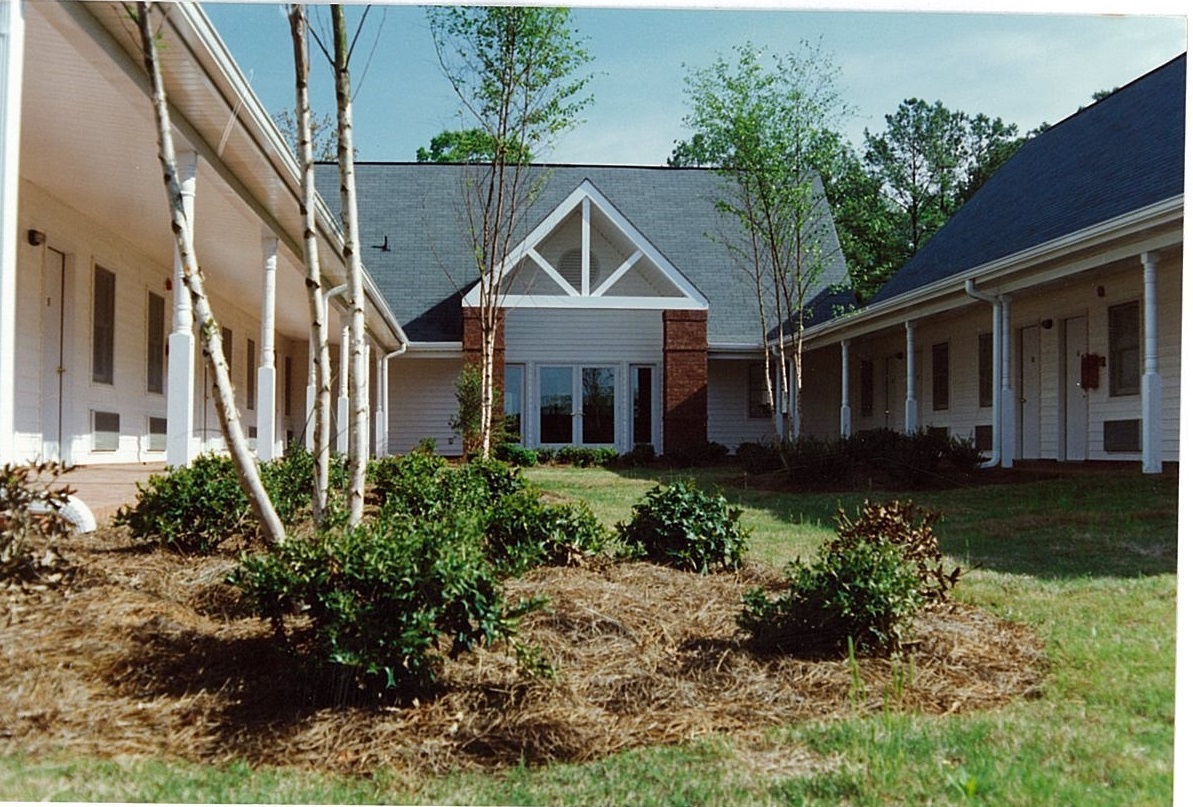
1991: Weaver Gardens
Empowering Young Mothers to Build Their Futures
In 1991, Families First launched the Family Development Center, later renamed Weaver Gardens in honor of Executive Director Bert Weaver. As the nation’s first transitional supportive housing for homeless mothers aged 17–26 with infants, the program combined safe housing with parenting education, job readiness, and life-skills training.
Weaver Gardens became a national model for breaking intergenerational poverty, helping young mothers achieve stability and independence for their families.

1991: Weaver Gardens
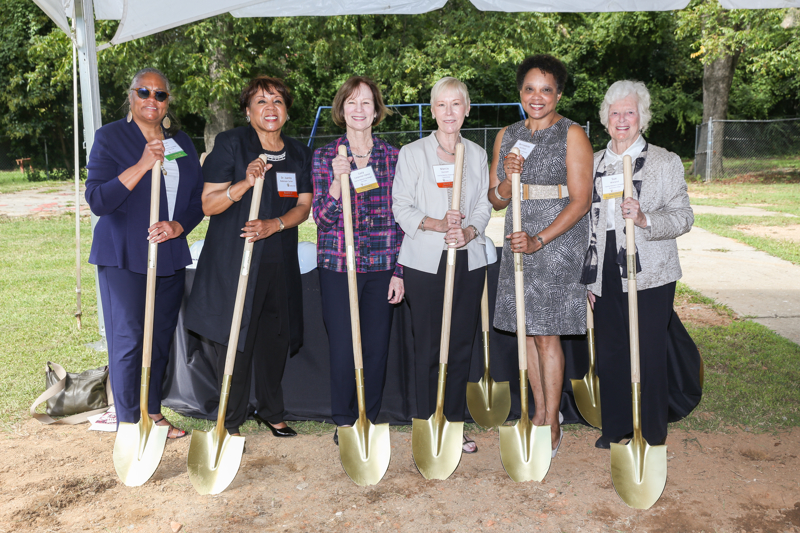
2016: Return to the Westside
Honoring Our Roots and Expanding Our Reach
By 2014, Families First had outgrown its Midtown offices. That year, we launched the Family Matters Capital Campaign, raising $13.3 million to purchase and renovate the former E.R. Carter School on Atlanta’s Westside.
In 2016, Families First moved into its restored home near its original neighborhood. This return to the Westside symbolizes both a reconnection to our roots and an expanded ability to deliver counseling, case management, and parenting resources for families facing complex challenges.

2016: Return to the Westside

Today
Continuing the Legacy
Today, Families First strengthens family resilience across three impact areas:
- Parenting & Adoption Support Services (PASS)
- Navigator Services
- The Vance Center for Behavioral Health

Today
135 Years of Impact & Innovation
1890
Founded the Leonard Street Orphans’ Home on Spelman’s campus, training and educating girls without family support.
1982
1905
Created Associated Charities of Atlanta, coordinating citywide aid and inspiring what became the United Way of Atlanta.
1907
1930
Formed the Child Welfare Association, uniting agencies to build Georgia’s first coordinated child welfare system.
1937
1967
Opened Georgia’s first group home for girls, pioneering community-based residential care for youth.
1989
1991
Launched Weaver Gardens, the nation’s first transitional housing for homeless young mothers with infants.
2016
Today
Strengthens family resilience across three impact areas—Parenting & Adoption Support Services, Navigator Services, and the Vance Center for Behavioral Health.
1890
1982
Established the Florence Crittenton Home, providing shelter, healthcare, and education for unmarried pregnant women and young mothers.
1905
1907
Opened the Atlanta Child’s Home, offering housing, education, and family-like care for children in need.
1930
1937
Became Georgia’s first licensed adoption agency, setting professional standards statewide.
1967
1989
Developed Children Cope with Divorce, teaching parents to support children’s emotional health—now used in 200+ U.S. communities.
1991
2016
Returned to Atlanta’s Westside with a new headquarters at the historic E.R. Carter School, strengthening community access to family services.
Today
Mission
Our mission is to build resilient families so all children can thrive.
